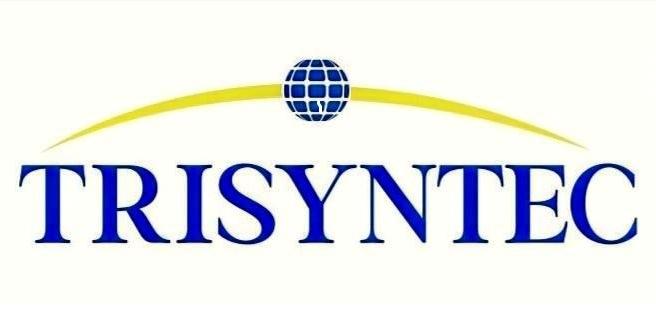
Recessions are a natural process in the organism that is the economy, be that healthcare or any other sector. But these financial whims can cause some trouble for those who do not know how to navigate through their seemingly unpredictable state of being. In the healthcare sector, that can cause quite some trouble, seeing as human lives literally depend on it. And the G.I.L.C. investor community wants to help save them and knows how.
At the 237th Healthcare Investors’ Alliance, held at the 25th of September, 2025, investors from across the US, Europe, and Asia compared how they’re adapting to tougher markets. Their common ground was clear: support healthcare companies that tackle real problems and deliver real impact.
1. Use hype as a marketing tool, not foundation.
Bob Sweeney, Senior Venture Partner at Global Health Impact Funds from the United States cautioned against being swayed by hype, especially around AI. “What matters most is showing how your innovation makes a provider or care delivery person more effective,” he said. Clear evidence of impact on workflow or patient outcomes is what earns investor attention in crowded markets.
2. Hold your ground.
Anneliese Sound, Managing Director at Future Potential Management from Germany stressed that strong leadership and collaboration are decisive for scaling healthcare startups. “If the team doesn’t work, then you really have an issue even with a great idea,” she said. For scale-ups, she advised deeper evaluation of financials and R&D pipelines, noting the need to factor in regulatory burden, demographic trends, and geopolitical risks.
3. Forge strategic and meaningful bonds.
Ute Mercker, Investment Director at IBB Ventures from Germany, noted that downturns lead to “fewer but bigger investments,” which makes syndicate strength critical. In her view, no single investor wants to shoulder the full burden in uncertain times. A strong syndicate means more than having a few co-investors on the cap table. It means:
- investors with the capacity to follow on in later rounds,
- a diverse mix of capital (venture, family office, strategic),
- a shared horizon that extends beyond the usual 18–24 month runway, and
- the discipline to cut losses if red flags appear.
This combination gives companies staying power through tough cycles. It ensures that when fresh capital is needed, for manufacturing, commercialisation, or market entry, there are investors ready to step in rather than walk away.
For founders, the message is clear: syndicates are not about collecting names, but about building coalitions that have the stamina and alignment to carry a business all the way to commercialisation.
4. In times of jeopardy, look to stability.
Sou Miyake, Head of VC at Corundum Systems Biology from Japan also noted that in Japan, corporate venture capital and government funding create resilience. “We do a lot of bridge funding… there’s a lot of government support right now,” he said. Matching capital type to milestone, non-dilutive grants for R&D, equity for commercialization, helps startups survive gaps.
Regulation varies widely: lighter in the US, heavier in the EU, South Korea, and Brazil. Anneliese Sound highlighted the impact of these differences on timelines and risk. Moritz Beissenhirtz, Investment Director Life Sciences at Brandenburg Kapital GmbH from Germany added that Europe needs regulatory simplification to encourage venture flow, while US economic indicators remain relatively stable.
5. Know your customers.
Eric Bell, Managing Director at SpringRock Ventures from the United States cautioned that hospitals and health systems often have little room in their budgets, especially in a downturn.
That means startups selling directly into providers can face long sales cycles and stalled adoption.
By contrast, investors see more resilience in companies serving buyers with clearer budgets, for example, pharma firms funding drug development or corporates seeking productivity gains.
“We look for clear revenue models and adoption before investing,” Bell said. In other words, it’s not enough for a startup to have great technology, investors want proof that customers are already paying for it, or at least a business model that shows exactly how revenue will be generated.
The G.I.L.C. investor community wishes everyone luck and wisdom on their journey to help preserve humanity’s health, and will continue to guide you through the tricky world of economy





